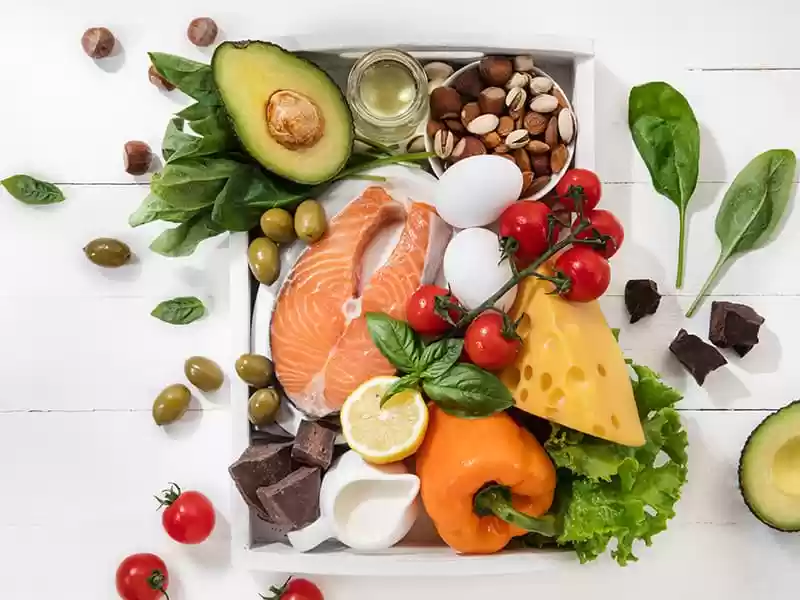Surgical obesity treatments such assleeve gastrectomy and gastric bypass surgery are a very effective way to get rid of excess weight and live a healthier and more comfortable life. It helps you lose weight by limiting the amount of food you can consume and reducing the secretion of your ghrelin hormone, which helps to suppress satiety and appetite. While all types of bariatric surgery have far-reaching benefits that improve quality of life for suitable candidates, if you are an emotional eater, you may find it difficult to adapt to the process.
How can I recover from emotional eating after surgery?
Happiness and sadness, which are the most important emotions of an individual, regulate life. Nutrition is also controlled by these emotions. Emotional eating is a coping mechanism that people use in response to strong emotions such as stress and sadness. Emotional eaters use food as a comfort zone to escape, numb or change unwanted emotions. When you use food as an escape from these strong emotions in your post-operative weight loss journey, you may both lose muscle while losing weight and fall short of your goal. So how can we stop using food as an emotional shield when we are on a new path?
Emotional eating is common among bariatric surgery patients. Bariatric surgery helps control portion size but does not change the psychological component of emotional eating. If you want to continue your journey in a healthier way, it is crucial that you put in place measures to help you manage your emotions in a healthy way that will not threaten the success of your bariatric surgery after surgery.


Here are 4 useful tips for controlling emotional eating after weight loss surgery.
1. What Triggers You?
Emotional eating is all about triggers. Many psychiatrists who specialize in emotional eating agree that journaling your emotions is a useful tool in identifying your personal triggers that lead to emotional eating. As you begin to work through the emotions, make an entry detailing these feelings. Naming stress, worry, anxiety, sadness, etc. can create an awareness that will allow you to stop the train of thought that often leads to unhealthy food choices. With this awareness, starting therapy with the help of an expert will help you in your process.
2. Raise Awareness and Change Habits
Try to give up the rituals you practiced while eating before the surgery. For example, in the evenings in front of the TV, with tea/coffee, while working at the computer, etc. It will help to give up the habit of 'snacking' something you are in the habit of 'snacking' and consume it at the dinner table and spread it over time in order to gain awareness while eating. In addition, as a bonus tip, taking your meals regularly during the day as recommended by your doctor and dietitian will both regulate your blood sugar and curb your habit of snacking outside of meal times.
3. Remember Your Goal
Although your motivation is high throughout the process, having people around you who can remind you of this motivation and support you or having an article, memory, item that helps you remember this motivation will also help you to have images that will remind you why you decided to lose weight. It is also very important for your success to work with an obesity team and to hear advice from experienced people.
4. Find a Stress Relief Method
While it takes time to retrain and reorient your mind and body to respond more positively to emotional eating, it is possible to form new and healthy habits. There are many different ways toreduce stress and what works for you is completely personal. Sometimes immersing yourself in a new hobby, such as painting or learning the piano, can help you manage stress. A scientifically proven source of stress relief that all experts agree on is regular exercise.








